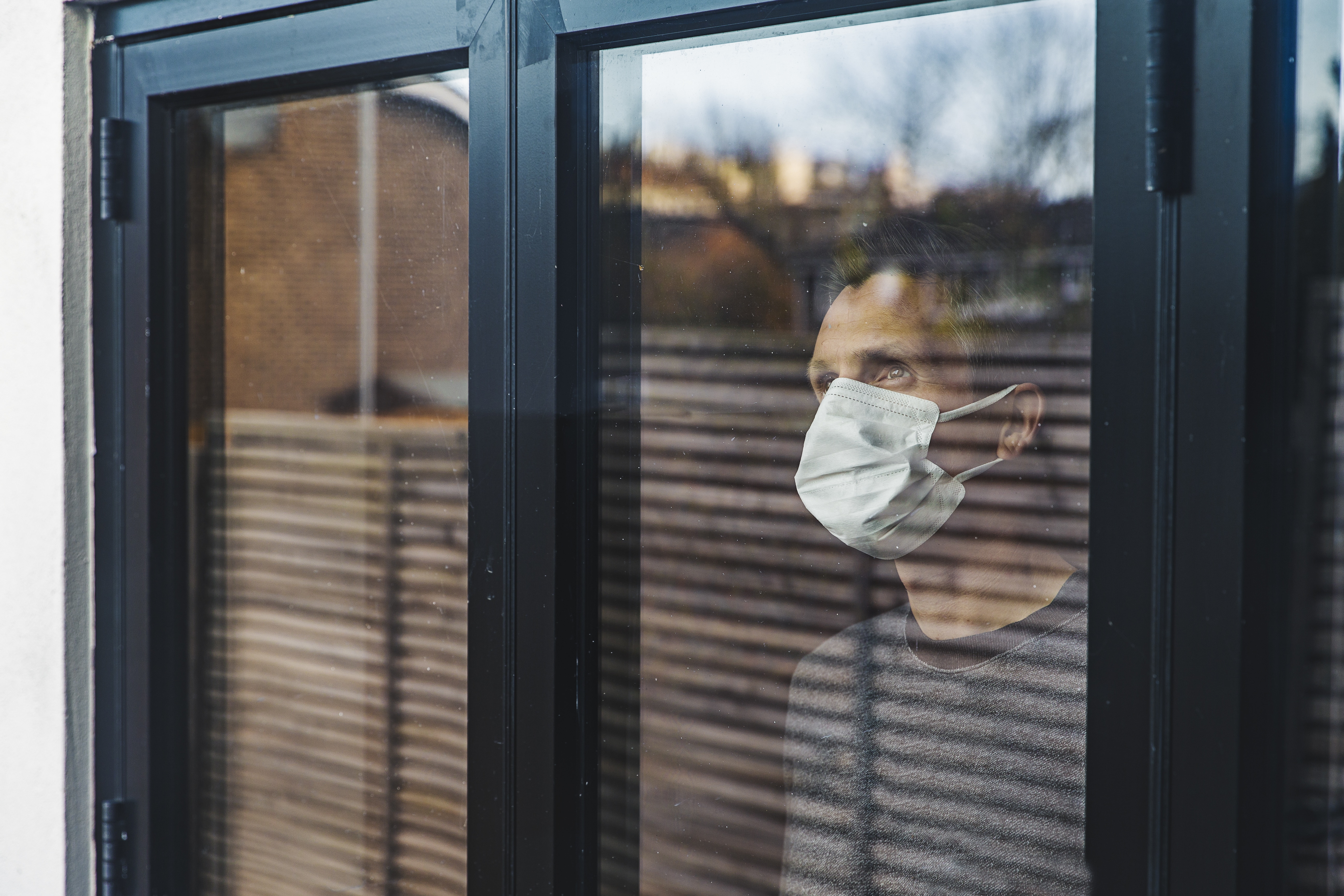
God might have gone a little too far this time. An actual plague before Passover? Seriously? And not just against Egyptians — but everyone, including Jews?
The Chosen People, especially Orthodox Jews, given the early outbreak in New Rochelle, New York, have no immunity to a modern-day plague that plays no favorites and refuses to pass over anyone — even on the holiday of Passover. We are now all exiled — not in the desert or even the Diaspora — but to dreary self-quarantines and the anxiety from incomplete and convoluted information.
Lives have been placed on hold while those untested for the coronavirus wait for symptoms to appear. In the meantime, we have ritualized handwashing, treating it like a daily prayer, repeatedly performed while playing double-dutch with scalding water.
The consequences of the coronavirus will be severe. Books will be written about it as a history lesson, public policy manual and morality tale, serving as global haggadahs of remembrance. Millions will die; many more will be sick. The sadistic properties of COVID-19 are such that possibly millions more of the infected will show no symptoms at all.
It is a sickness that is playing Russian roulette with all of humanity.
The proximity to Passover, however, the way COVID-19 quarantined the Jewish world just when the community normally comes together is leavened with great meaning. After all, as viruses go, this one produced the ultimate Passover paradox. Individual members of families will sit in separate rooms in compliance with seder distancing. Many will skip seders altogether. What else can one do? The exacting rituals of the holiday are wholly untenable and too unsanitary to perform. For instance, reciting the biblical plagues requires the dipping of fingers into wine glasses 10 times!
What does the Talmud say about latex gloves?
The four questions will be left unanswered because even the Wise Son has no idea how to “flatten the curve.” Seders the world over will feature an abundance of empty seats for Elijah, who, this year, will be visibly wearing a mask. The Red Sea will remain at high tide. Signs and Wonders are suspended until further notice or until a vaccine is found.
“COVID-19 has created a blockade not seen since the British Mandate.”
This is one heartless, joyless virus for sure. Those most susceptible, the elderly, who the coronavirus favors most cruelly, happen to be the ones most indispensable to the seder experience. What kind of a seder leaves grandparents alone in their homes, apartments and elder-care facilities? But we can’t have them anywhere near coughing children scampering for the afikomen.
What alternatives are there? The new normal in seder etiquette requires an ingenuity far beyond the making of flourless cake and tiramisu for dessert. This moment requires special cleaning instructions that surpass the usual search-and-destroy mission on chametz. We’re talking Lysol tsunamis. A stray morsel of bread is of lesser significance than airborne COVID-19 droplets. Don’t be surprised to see a seder guest dressed in a HAZMAT suit.
This is why people and communities are scheduling virtual seders as part of an overall mitigation strategy that has marooned everyone to the tedium of their own homes. Welcome to digital seders via FaceTime and Zoom. Good luck with that. It will look as though “The Brady Bunch” and “Hollywood Squares” converted to Judaism. Dozing off without anyone noticing will be a challenge. Drones will be called in to uncover the afikomen. Any mention of the Ten Commandments being brought down from Mt. Sinai will cause genuine confusion for those using their own tablets.
Let’s face it: The liberation story of Passover is a misnomer this year. You can point to the haggadah as precedent all you want, but it won’t lift the curfews and quarantines. We are dealing with an 11th plague without mercy. Lambs’ blood on doorposts is no inoculate. And the coronavirus has already made its presence known in the land of our biblical forebears. Israel is under quarantine, too. Throughout its modern history and endlessly fought wars (often with those same Egyptians), never before has there been a disruption to the making of aliyah. COVID-19 has created a blockade not seen since the British Mandate.
“Next year in Jerusalem,” the coda to every seder and the longing to return after a 2,000-year absence was, for Jews — until the creation of Israel — just a fantasy, wish fulfillment that ended seders but could not put an end to our exile. This year, it might become a trending phrase among the Diaspora. American, Canadian and European Jews once believed all it took were plane tickets on El Al. For the time being, travel restrictions to Israel remain one of the cruel jokes of this Passover. Fleeing Jews have a better chance of seeing the Pyramids than the Western Wall.
Slavery itself takes on new meaning in the form of mandatory stay-at-home orders. Admittedly, it is a more polite bondage. No mud and whips, but the despair and loneliness that comes with isolation will be unabated. The Israelites at least had one another. However, no one can miss the irony: We are about to commemorate an Exodus amid our present-day confinement. Our movement has come to a halt. Everything about our once-frenzied, mobile lives is now suspended, placed on hiatus, postponed indefinitely. Wandering Jews are now forcibly stationary. New York City subways, London tubes and LA’s 405 are eerily empty. Home confinement put an end to all that gridlock.
“Wandering Jews now are forcibly stationary.”
Momentarily overcoming his speech impediment, Moses delivered to Pharaoh what is still the most declarative ultimatum on behalf of the Jewish people: “Let my people go!”
Today, our plea is far more modest and directed not to a pharaoh, but to any deity or epidemiologist willing to listen: “Please, just let my people go … outside.”
Of course, the very fact that the coronavirus spares no one is no reason for implacable anti-Semites not to charge Jews with having caused it. The ancient blood libel against Jews has always lacked imagination. It has surfaced throughout history as a most stubborn and adaptable urban legend, even in places where there are no Jews. Isn’t the coronavirus bad enough without perpetuating absurd lies? Christian pastor Rick Wiles recently delivered a sermon scapegoating Jews as the perpetrators of a coronavirus conspiracy, all emanating from synagogues. Sound familiar? That medieval canard of disease-carrying Jews is alive and well, no matter the pandemic.
How many Jews live in the Wuhan Province of China, do you figure?
Meanwhile, officials from both the Palestinian Authority and Hamas publicly blamed Israel for deliberately spreading the coronavirus within the territories. Anti-Semites throughout history may have been underachievers, but they never failed to display tremendous resourcefulness in tailoring the blood libel to apply to new situations. Don’t allow a global catastrophe to go to waste without pointing the finger of blame at the Jews — whether in the form of the bubonic plague, 9/11, financial collapse and crashes, and, of course, mysteriously “missing” Christian children, as if their blood actually improved the taste of matzo.
Note to Jew-haters everywhere: There is no “kavod” to having COVID-19.
But all is not lost. Curiously, even without a medical cure, we have been preparing for the coronavirus for decades now. The introduction of the internet and the rise of social media fortuitously and in some cosmic way, have allowed us to be in rehearsal for this very moment. Social distancing has been in progress all along, and the distance between us has continued to expand exponentially. We never realized that all of this “staying apart while pretending to be together” would one day become a necessity due to a global pandemic that absolutely forbade social contact as a health risk.
Tragic in so many ways, COVID-19 now makes official and even tests the dramatic asocial, pseudo-social changes in our lives. The pandemic exiled everyone to the claustrophobic confines of their own homes. But we were more than ready for it. We already had outfitted our homes with the toys and tools that would fortify us for such trials in hibernation. Hopefully, this forced isolation won’t make permanent what we believed we could always take back — if our grand experiment in distancing left us emotionally unmoored and simply too far apart physically. We knew all along that the “social” part of the social network always belonged in quotations. Surely, we were never so foolish as to believe that Facebook was the equal of actual socialization.
Yet we perfected such efficient but empty contact with other human beings, and bought into the premises of a forever isolating, shrinking existence. The moment of truth has now arrived. It is the culminating triumph of social media itself, the endgame we were lulled into adopting, the complacency of the couch potato, homebody, video-gamer, Facebook voyeur — all packaged into one pale, lonely face. Face-to-face contact with friends and family has been rapidly vanishing with each passing year. Hearing an actual voice was replaced by the reading of atonal texts. Along the way, we forgot that pressing the send button is no substitute for human intimacy.
Well, at least there is Siri and Alexa.
We have voluntarily self-quarantined so many facets of our lives, and it should serve us well during this health crisis. Gone are Sunday strolls, gym pit stops and coffee runs. The virtual has replaced the actual. Human personality filtered through machines became our preferred mode of contact with others, warping our connection to the living world. The art of life indoors and the severing of human interaction evolved into performance art. No one seemed to pay any attention to the deadening of our senses, the atrophying of our sight and smell.
“Anti-Semites throughout history may have been underachievers, but they never failed to display tremendous resourcefulness in tailoring the blood libel to apply to new situations.”
Even our minds have narrowed to better fit our respective captivities. Tweets limited the scope of our conversations. News websites with their meddlesome beeping notifications closed us off from differing opinions. We have been left alone with our confirmation biases intact, the cacophony and rigid partisanship of cable news only reinforcing what we already believe and what we steadfastly refuse to know.
More and more people had already shifted to teleworking and telecommuting. Yes, it added efficiency to the workplace, but it also slowly eliminated the experience of going to an office altogether — and put an end to the once-essential socialization of watercooler gossip. The cyber economy, combined with free shipping and delivery, eliminated the experience of actually going to a market. Cyber Monday is every day. Making selections that required the discernment of human touch ended. Being “picky” became overrated, then lost all meaning.
While we’re home, why bother sweating outdoors? The Peloton bicycle not only created virtual spin classes, but also introduced the delusion of bouncing on cobblestones while traversing the Tour de France — all the while going actually nowhere. Online courses made a college degree possible without ever stepping foot on an actual leafy or ivy-covered campus. Receiving a degree over the Internet gave new meaning to home-schooling. And it didn’t actually matter if you were wearing pants to class.
We’re now all on the full digital package. The Internet is our one reliable lifeline in the coronavirus darkness.
This simplified all the health risks that came with our romantic attachments. Human intimacy is now immune from contagion. The Gabriel Garcia Marques novel could properly be retitled, “Love in the Time of Corona.”
The only marginal benefit that arises from this altered way of life is the death blow it already has dealt to stalkers, perverts and the paparazzi. Home confinement comes with certain advantages: the maintenance of a strictly private life for those who want it. And, of course, the coronavirus may save some marriages from the hurt and betrayal caused by now-aborted marital affairs.
All of this enforced seclusion naturally comes with its own possibilities for reflection. With all this spare time on our hands — when we’re not washing them — we should consider whether our acquired digital skills actually readied us for the challenges the coronavirus presents. Here’s an early verdict: We’re already going stir-crazy. How much banana cake and peanut butter cookies can a family possibly consume? How many cringing lip-syncing performances can be posted on Instagram? How many home workouts without any exercise equipment can be devised for the cardio-addict grounded by COVID-19?
There are so many things one can Google, websites to surf, postings that receive your Like(s) on Facebook, and the cute but now nauseating photos and videos on Instagram created as a public service to entertain increasingly cramped Friends. Sorry, Skype and Facetime do not make a life. And if the perfect mate has been discovered online, all will be unrequited and unsatisfied until there is an actual meeting in the flesh.
We are left to wonder whether this time spent disconnected from people will even be well-spent. Will keeping our distance coincide with retaining our humanity? We must remain mindful of the tragic circumstances that forced us inside: the vast numbers the coronavirus killed, and those who would not have survived had it not been for available respirators. With no panacea in sight, this Passover is just all too sobering — and not just because many of us will be without our five cups of wine.
If anything, these past few weeks — now combined with a radically improvised Passover — has revealed our many vulnerabilities. Yes, the iPhone is a miracle device, but while in the midst of a global pandemic, we somehow don’t have enough surgical masks for healthcare workers or beds for patients stricken with COVID-19.
What does that tell us? Many things. But most importantly: We are far from invincible. The world beaters and machers among us were not more resilient. They just had a second, more-secluded home to which to escape. But once there, they, too, were forced to sit, fidget and wait.
“We remain hopeful that soon, we will glimpse a return to normalcy, salvage our future and emerge from our remote locations, squinting in the light of an unfamiliar sky.”
Perhaps all this homebound confinement for Jews − at least, during this time of year − brings us closer to a shared experience in bondage with our biblical ancestors. After all, we are reminded each Passover that the eating of matzo and the avoidance of leavened grains are only parts of a Jew’s obligation to imagine a hasty exit across a desert. Jews also must adopt the fiction that they once were slaves in Egypt; not just to imagine it, but to feel it, as well.
This bit of haggadah hubris always bordered on chutzpah. How can we possibly identify with the Jews who built the pyramids? How can we imagine our backs scarred from repeated whippings? Doing so trivialized the experiences of actual Jewish slaves. The tragedy and inconvenience of the coronavirus bring us no closer to them, either. It’s just another plague that reinforces that we haven’t figured everything out yet.
COVID-19 might have little in common with locusts, frogs and hail and, hopefully, it will prove to be far less deadly than the killing of the firstborn. But like it or not, from now on, it will serve as a coda to the haggadah, an ill-timed update to the Passover story − one we all will seek to vaccinate against once we make our exodus from home confinement.
There is, however one definitive, and unflattering, takeaway from this tragedy. We are uncomfortably reminded that it is, for the most part, only on Passover when we make a commitment to see one another. Family gatherings always depended on a breadless holiday. Without it, we would be strangers not just in a strange land but, tragically, to one another. After the holiday, families dispersed until next year. Our seder plates this year will have the bonus symbolism that we should not take next year’s seder for granted.
In the meantime, we remain hopeful that soon, we will glimpse a return to normalcy, salvage our future and emerge from our remote locations, squinting in the light of an unfamiliar sky. And because this holiday requires the asking of questions, the Simple Sons among us will wonder why this light is not blue like our only companions, those devices always blinking back at us.
Thane Rosenbaum is a novelist, essayist, law professor and Distinguished University Professor at Touro College, where he directs the Forum on Life, Culture & Society. He has written numerous works of fiction and nonfiction and hundreds of essays in major national and global publications. He is the legal analyst for CBS News Radio and appears on cable TV news programs. His most recent book is entitled “Saving Free Speech . . . from Itself.”











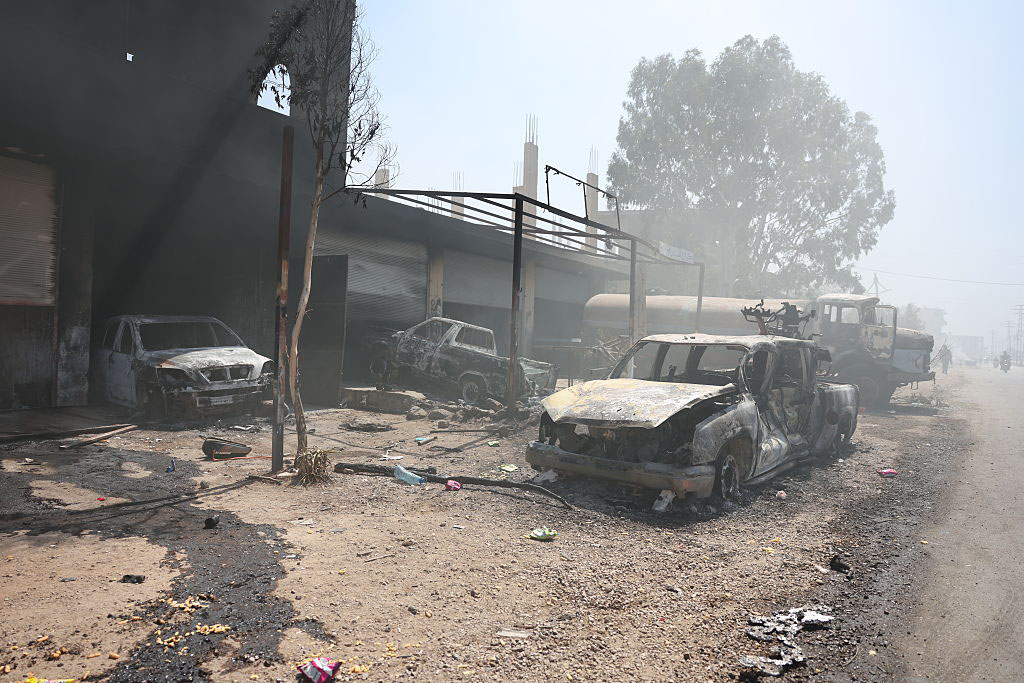
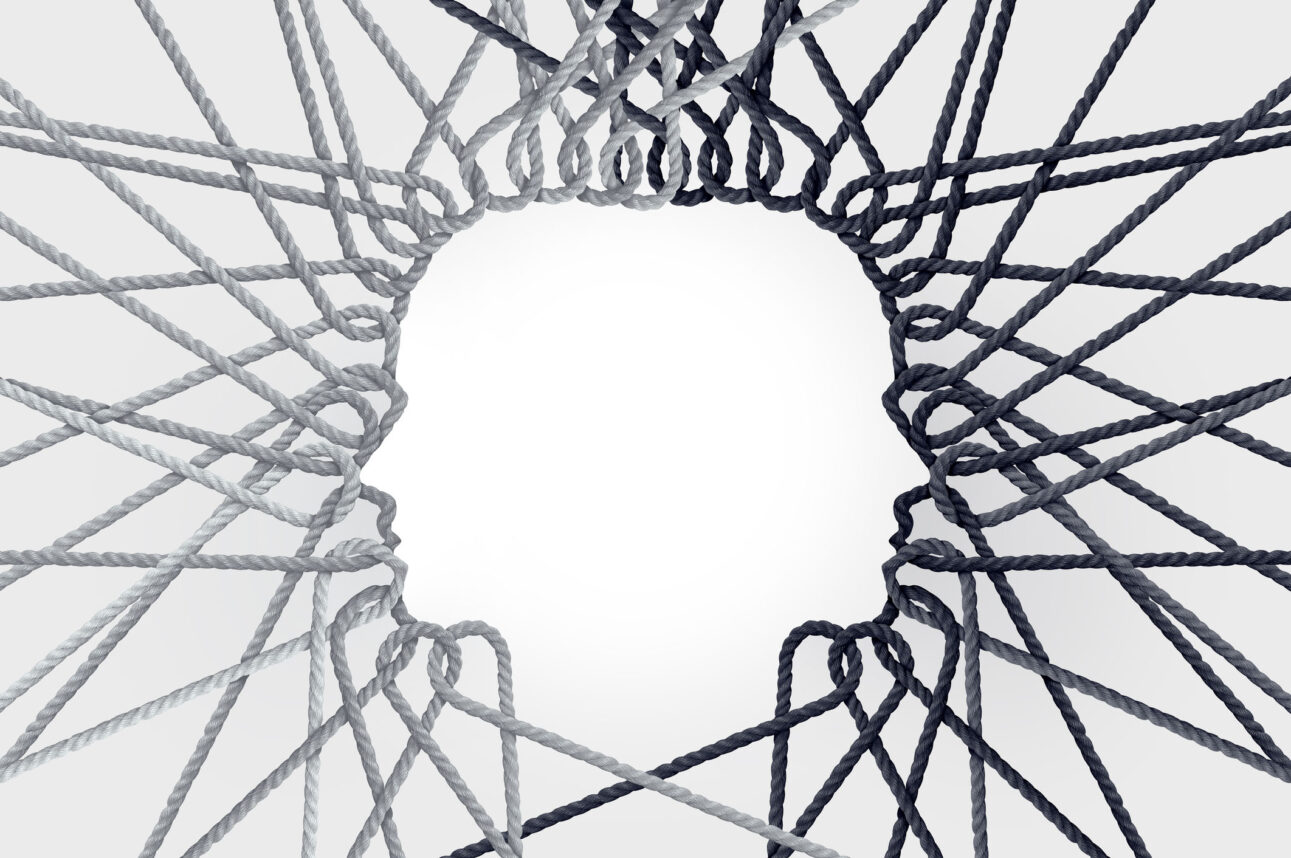
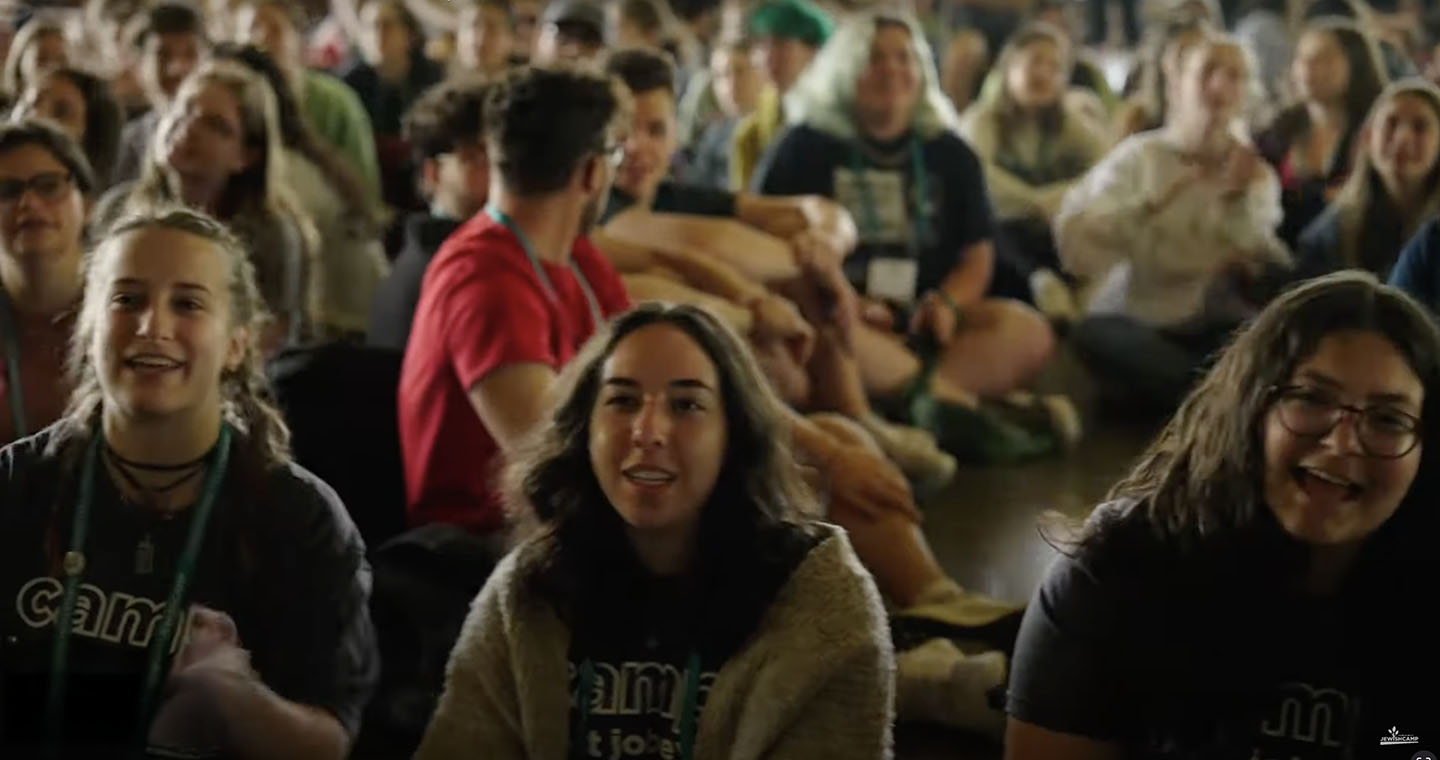




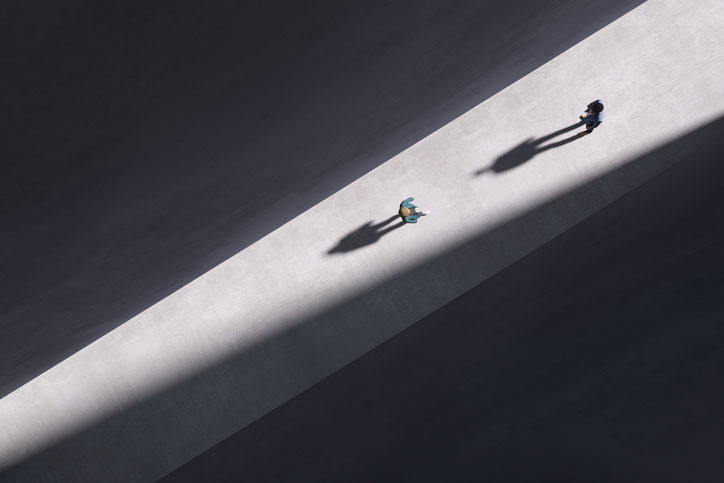

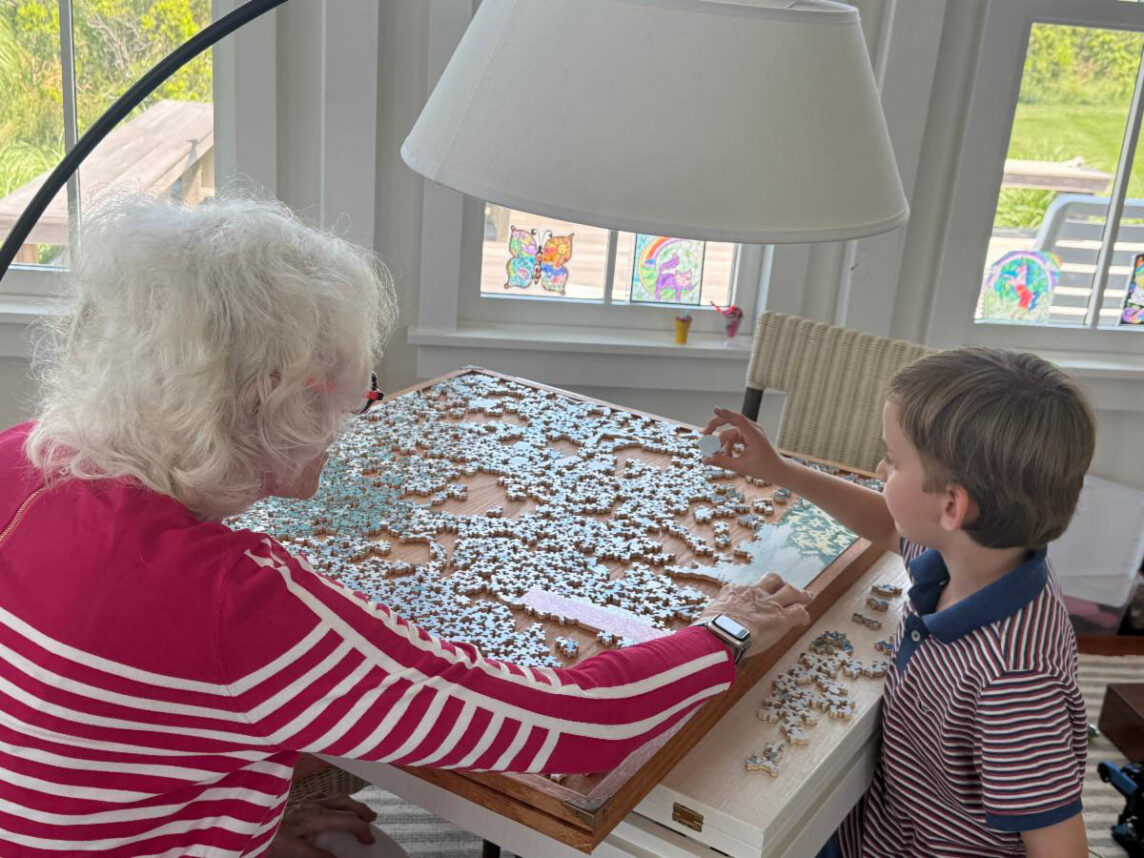






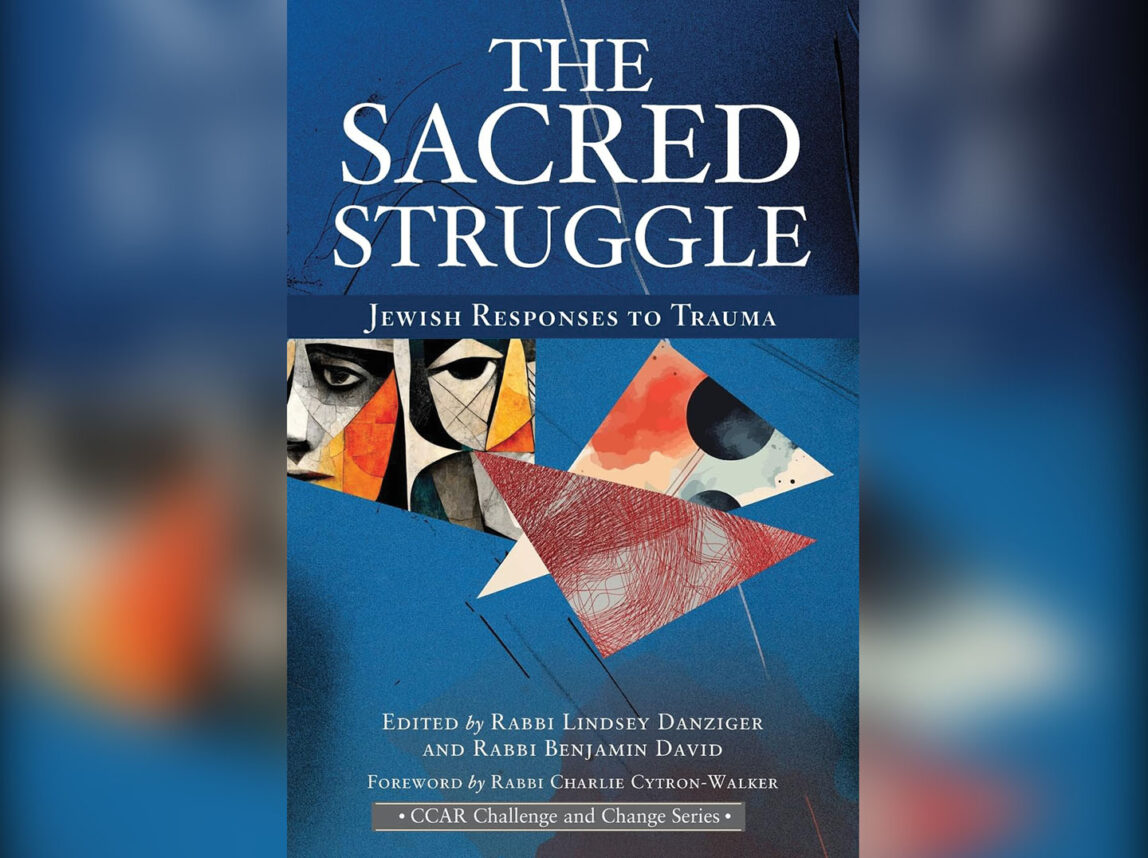
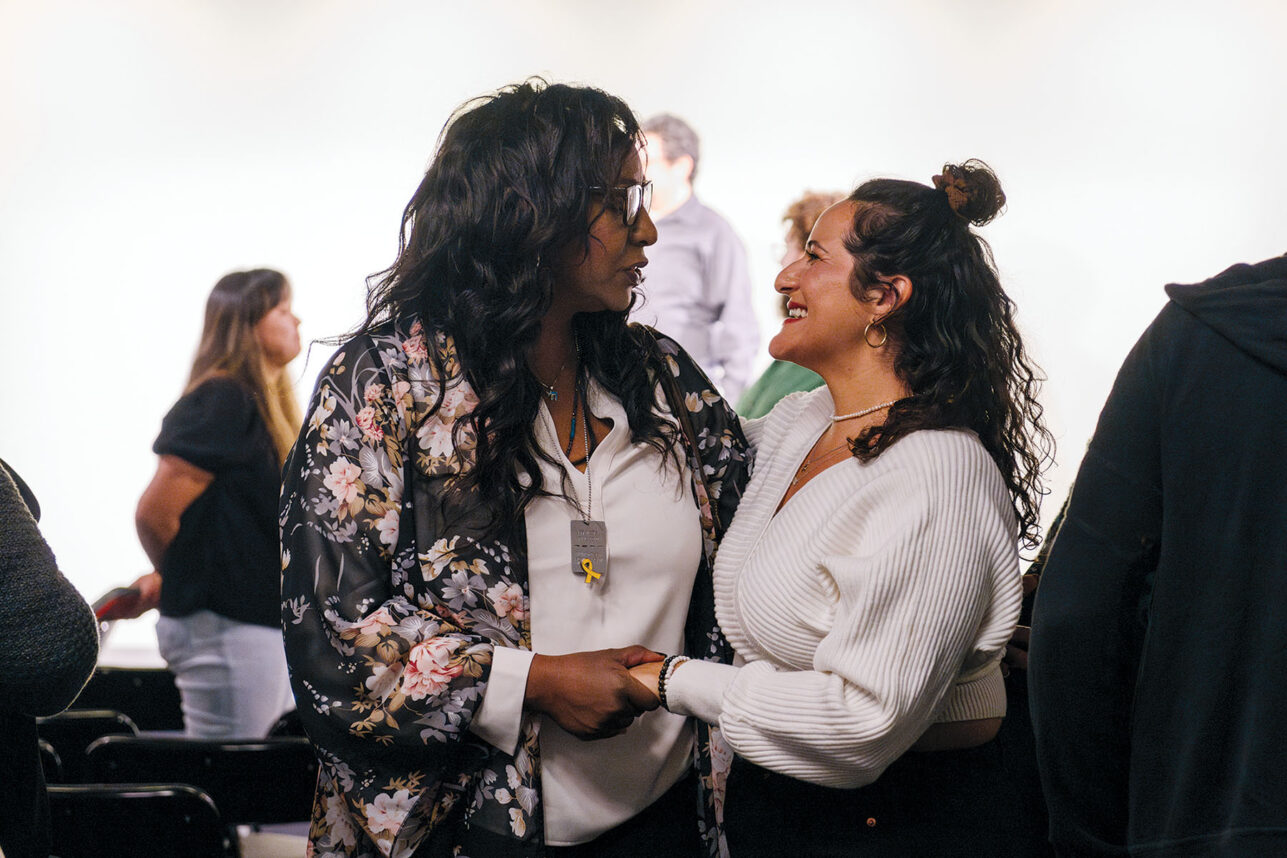
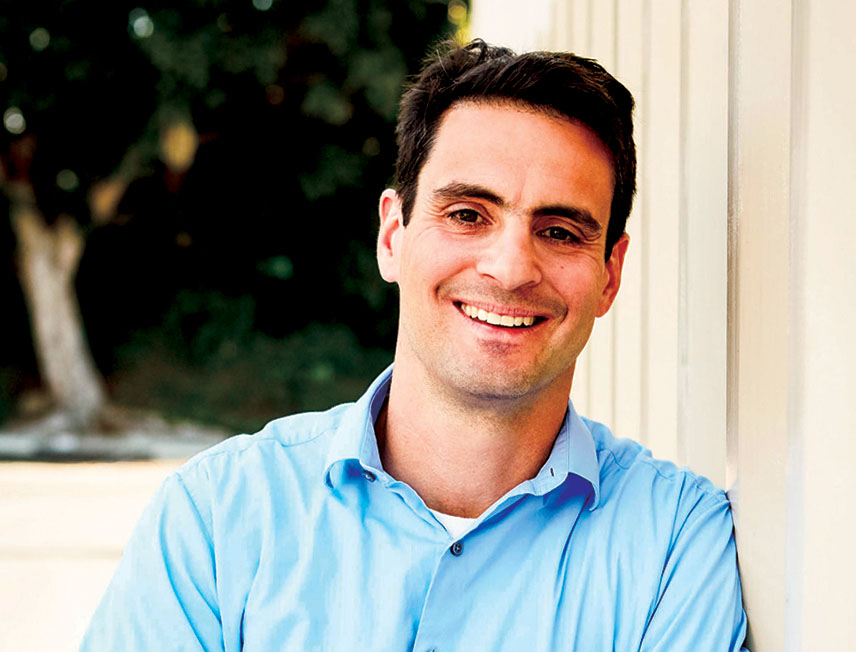
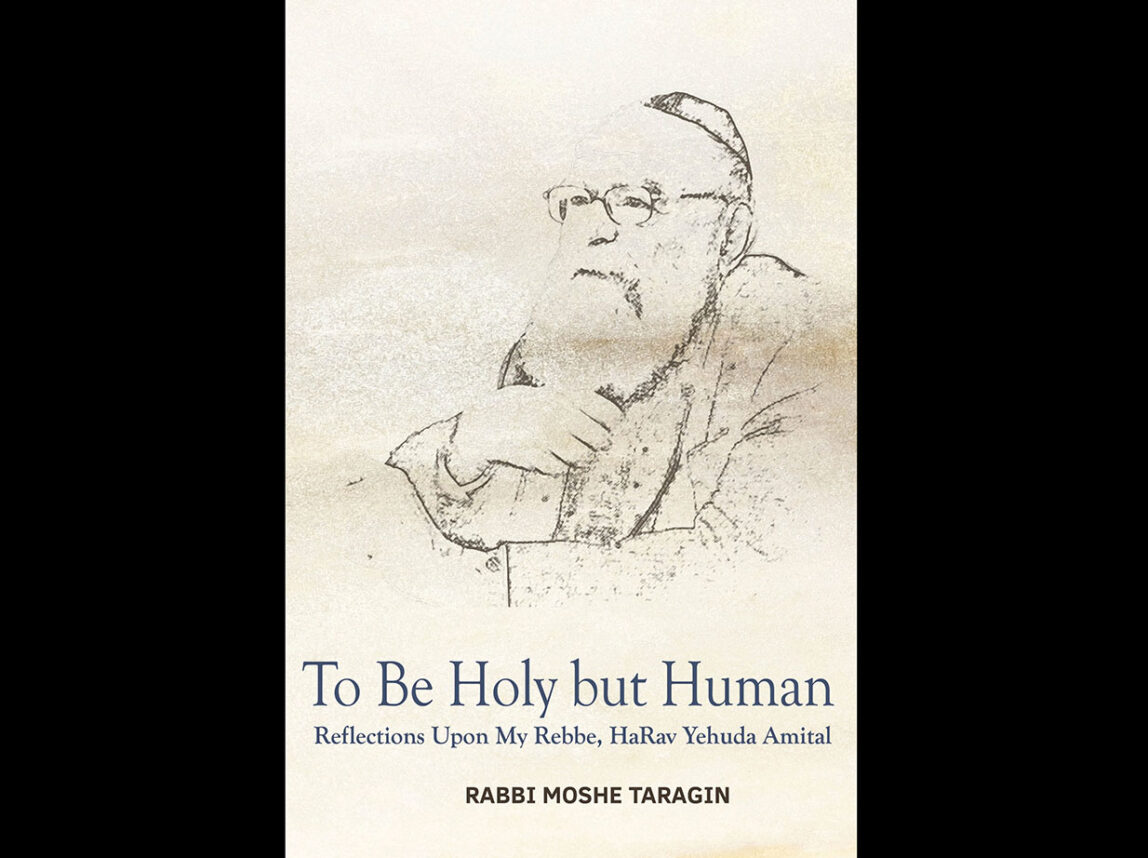
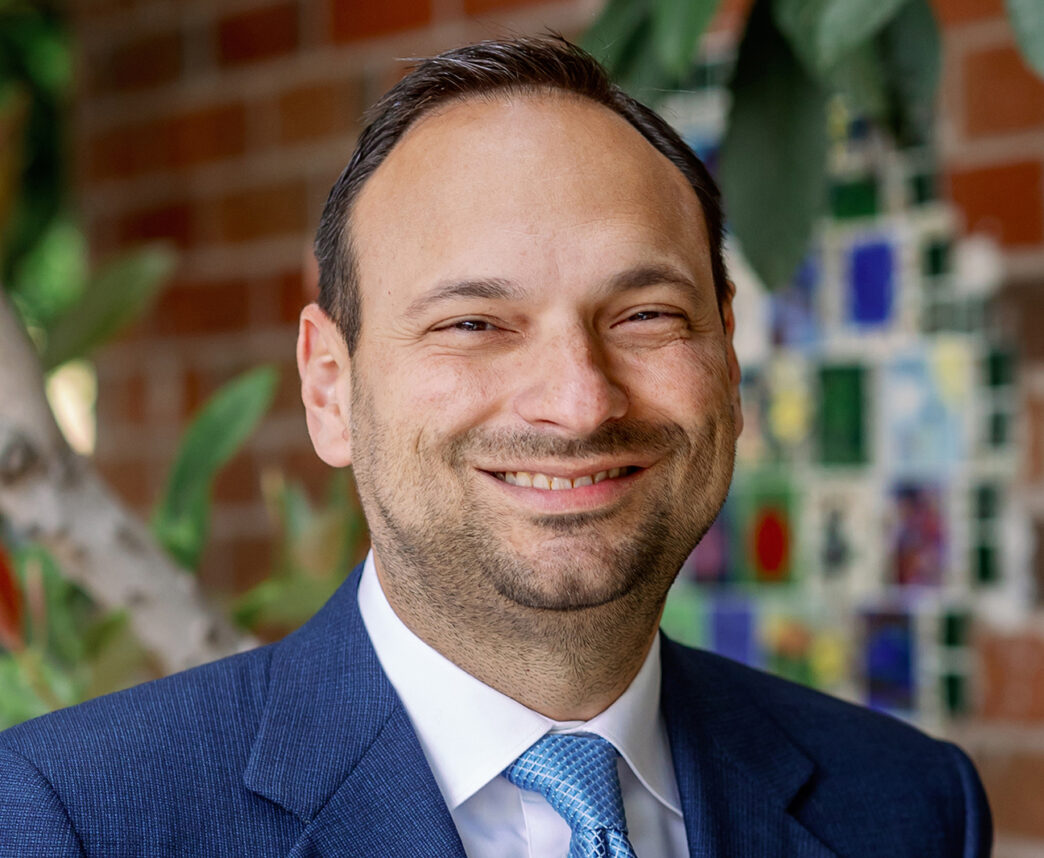
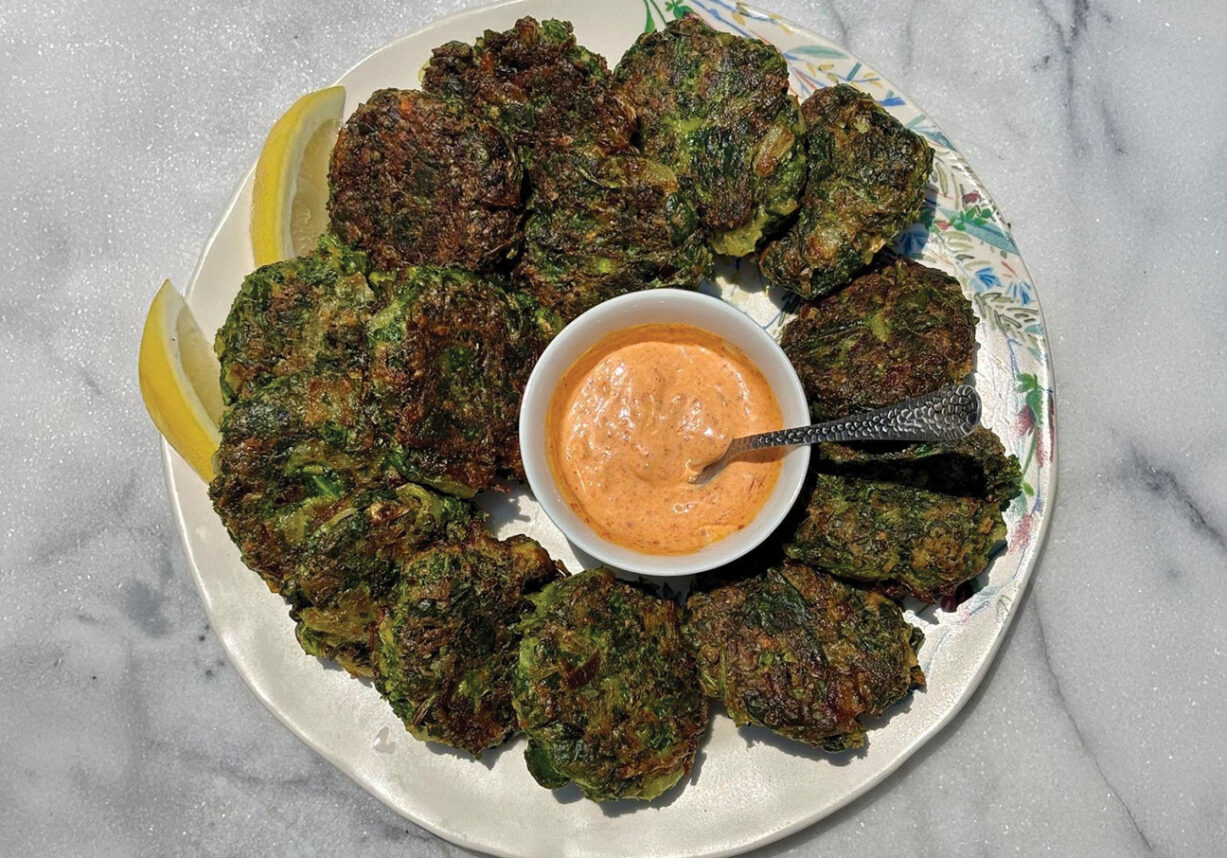

 More news and opinions than at a Shabbat dinner, right in your inbox.
More news and opinions than at a Shabbat dinner, right in your inbox.